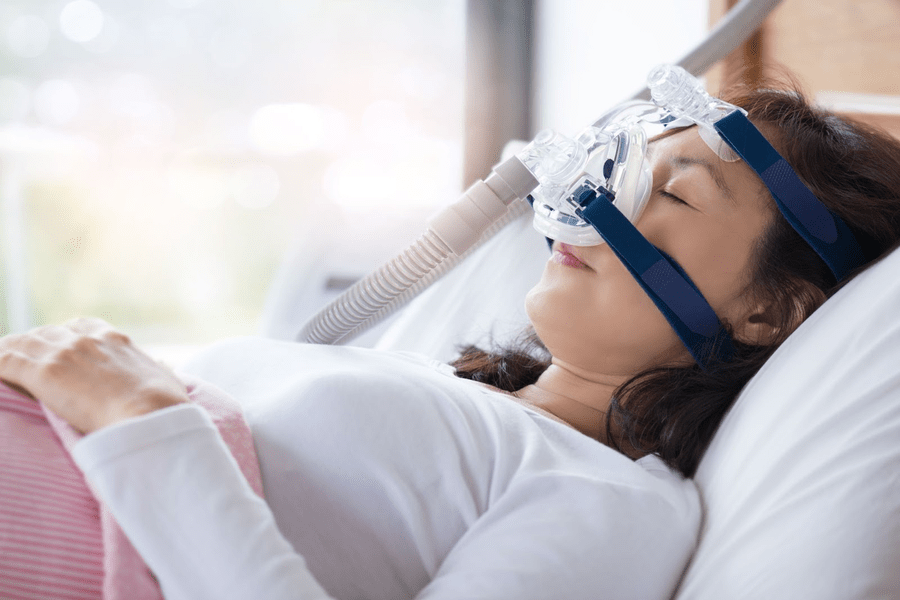
Do you use a CPAP machine to treat your sleep apnea? Do you notice that you have constantly dry eyes, that you are frequently rubbing your eyes, or that your eyes feel uncomfortable, even during the day? You could have a condition called Dry Eye Disease, which while it has many causes, has been found to appear in a large portion of the sleep apnea patient population.
A recent study presented at OSN Italy found that “CPAP and NMT users may be at risk for eye and eyelid irritation secondary to airflow from mask leakage or retrograde nasolacrimal air escape,” according to researcher Cynthia A. Matossian MD, FACS.
According to the study, the predominance of dry eye disease may also be related to other inflammatory conditions also related to sleep apnea, such as heart disease and diabetes.
So, why do researchers think that CPAP therapy in particular is responsible for dry eye disease in these patients? While the study did not specifically address why, it could be from the forced air, which may be escaping from the mask and drying out the eyes. It is also important to note that the instances of dry eye were more common in those with comorbid conditions like the ones mentioned above, as well as in women. Researchers also noted that as patients escalated in age, the more frequent the condition appeared.
So, what does this mean for CPAP users? Well, if you use CPAP and notice the symptoms of dry eye disease, it may be time to consider an alternative sleep apnea therapy. Here at Dr. Abelar’s office, we offer custom mandibular orthotic devices that are molded to your individual mouth and prop the airway open by positioning your jaw in the correct place, so there is no need for forced air. These devices can be custom made in Dr. Abelar’s office, and are often worn more frequently and liked better than CPAP therapy. They’re generally found to be more convenient, more comfortable, and as a result can be said to work better than CPAP.
If you are interested in learning more about sleep orthotics from Dr. Abelar, please contact the office for a consultation today.






